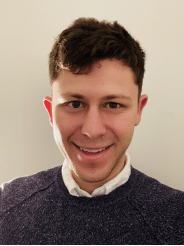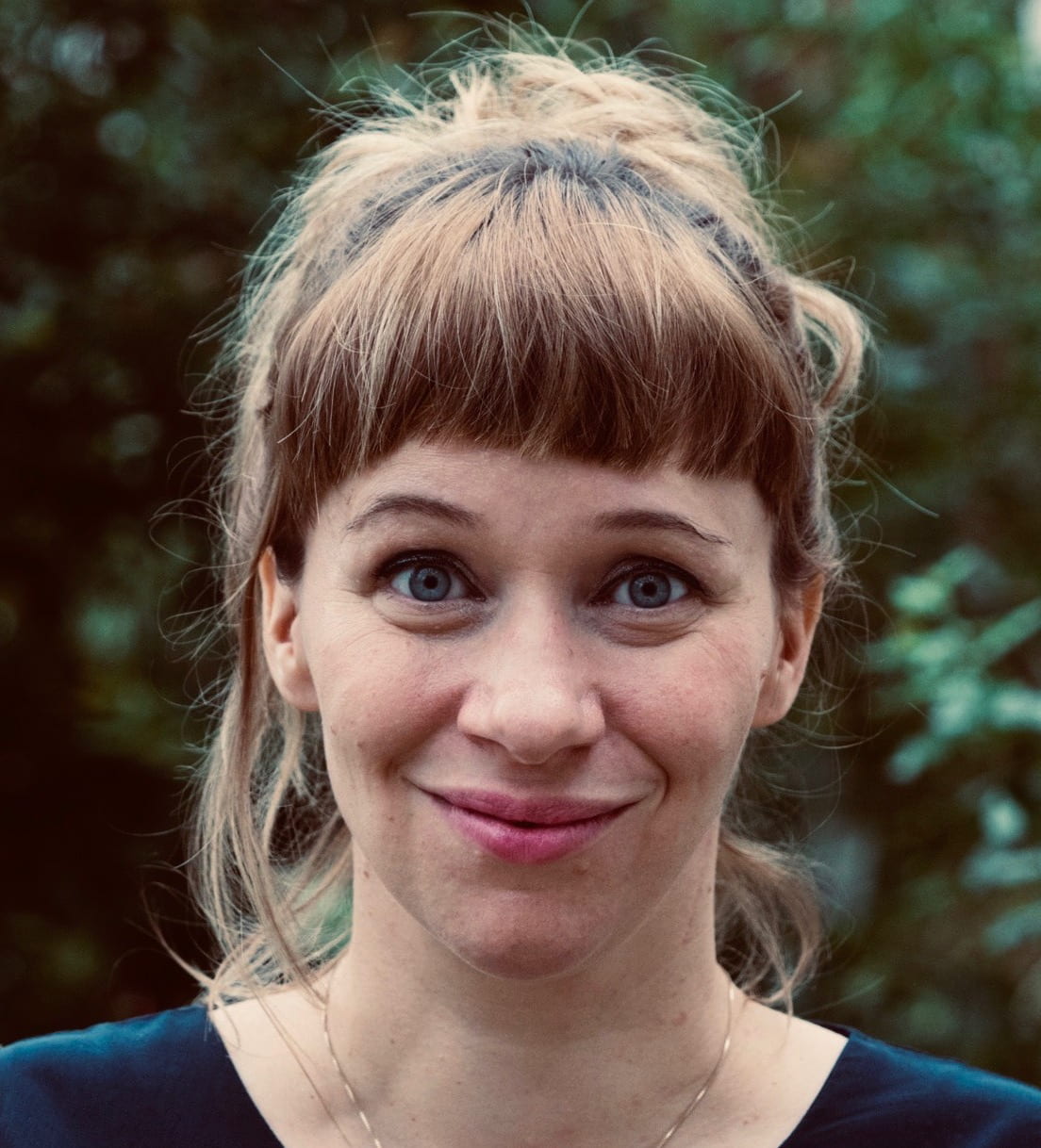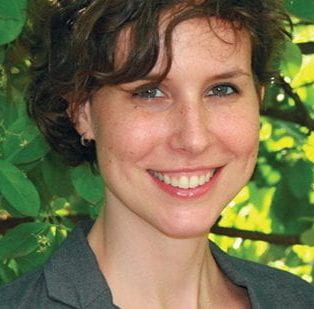PhD Student Ambassadors

Tre Wells
Tre Wells is a PhD student in the Human Development and Social Policy Program. Before coming to Northwestern University, Wells managed a data and evaluation team for a non-profit organization in New York City that provided mental health services to public schools across the city. Originally from Little Rock, Arkansas, he earned a bachelor’s degree in mathematics from Morehouse College and a master’s in economics from the University of Virginia. Wells’ current research interests lie at the intersection of housing and education. In his free time, he enjoys playing pick-up basketball, listening to music, and binge-watching the latest Netflix series. Wells is very open to talking about his experience with the graduate school application process, his first year at Northwestern, and his research interests.

Kanika Dhanda
Kanika Dhanda is an early PhD student in the Human Development and Social Policy program and a mentee of Jim Spillane. She is from Punjab, India, identifies as a woman, and is in many ways an outsider to the American Education system. She is nevertheless drawn to their fragmented nature and the complexities they pose for any coherent enactment of education reform. It is very different from her experience in India, where the government has greater control and centralized capacity to implement reforms. She struggles with connecting her learning in the program to her experiences with working with children living in slum settlements in India. She considers it tedious to find meaningful ways for thinking about how the nature of systemic precariousness of urban experience for the most marginalized differs in these two contexts. Perhaps, it is the struggle of bringing non-dominant worlds to the academy. A SESP student group, Critical Contexts has been her home for inhabiting the university in more authentic ways. The group is collectively reading Leigh Patel’s ‘No Study Without Struggle’ this academic year. Patel defines struggle as a rigorous engagement with each other for organization of demands that emerge through uprisings in the community. This intersection between the life of mind and life of the practitioner-activist defines Kanika’s identity as a scholar in this world. She is happy to talk about these experiences and any other questions you may have about the HDSP PhD program.

Andrew Stein
Andrew Stein is a first-year PhD student in SESP, and he is looking forward to participating in Connections. Currently, his research draws on political science, sociology, and psychology to understand state- and district-level policymaking and policy implementation about school accountability. Specifically, he is interested in the development of metrics of school quality and student success that shift attention beyond academic assessment and toward safe and warm school climates in high schools. Before joining HDSP, Stein served as a dean of students for 11th and 12th-grade students and as an English and history teacher at a high school in Brooklyn, New York. His favorite classes to teach were about U.S. LGBTQ+ history, the history of the US South, and the Caribbean. In his free time, Stein likes to play tennis, baseball, and dodgeball. He also loves to read fiction books and watch shows about drag queens and baking.

Jennifer Cowhy
Jen Cowhy is in her fifth year in the HDSP program and is excited to participate in the Connections program. She works with Cynthia Coburn and Simone Ispa-Landa and studies the implementation of education policies in K-12 schools. Cowhy is particularly focused on the implementation of special education policy, which is motivated by her training as a school social worker and her educational experiences as a person with a disability. Cowhy is deeply committed to improving special education and helping to create more equitable, accessible, inclusive, and transformative learning environments for all children. To that end, her dissertation explores the role of parents as policy actors within special education. Prior to Northwestern, she was a research analyst at the University of Chicago Consortium on School Research. Cowhy has a master’s in social work and in public policy from the University of Chicago and a bachelor’s in sociology from the University of Michigan. Outside of work, Cowhy enjoys walking and jogging by the lake, cooking, sewing, and spending time with her partner and their two young children.
Faculty Organizers

Claudia Haase
Associate Professor of Human Development and Social Policy
Claudia grew up in Dresden, East Germany and earned her PhD from the University of Jena. She an Associate Professor of Human Development and Social Policy and (by courtesy) Psychology, a faculty fellow at the Institute for Policy Research, a faculty affiliate at the Institute for Innovations in Developmental Science, a faculty affiliate at the Buffett Institute for Global Studies, and a faculty member at Northwestern University’s Interdepartmental Neuroscience program. With the Life-Span Development Lab, she studies pathways towards happy and healthy development across the life span with a focus on emotions in relationships. She enjoys spending time with her husband, two littlechildren, family and friends around the world, and with herself. | Claudia’s Faculty Website.

Regina Lopata Logan
Assistant Professor of Instruction at Northwestern’s School of Education and Social Policy (SESP)
Regina Logan’s teaching and research are in adult development, with a focus on stability and change, especially during midlife and beyond. She is particularly interested in gender and race differences in wisdom and regret. In addition to adult development and gender development, Logan also teaches qualitative methods with an emphasis on narrative psychology. She was named to the Associated Student Government Honor Roll several times for teaching excellence and was also awarded the SESP Outstanding Professor Award. From 2008-2018, Logan was the Director of the Foley Longitudinal Study of Adulthood and continues to partner in this project. In addition to her research and teaching, Logan is passionate about the intersection of equity and pedagogy. She is involved in numerous task forces, committees, and professional development programs focused on diversity, equity, and inclusion. She currently serves on the University Diversity Council and is the Chair of the SESP Equity Committee. Logan was among the first recipients of the Provost’s Grant for Faculty Diversity and Equity, and, along with two colleagues, she was recently awarded the Linzer Grant for Innovation in Diversity and Equity.

Quinn Mulroy
Assistant Professor of Human Development and Social Policy and (by courtesy) Political Science
Quinn Mulroy is a political scientist whose work engages central questions in the subfields of social policy, law and society, inequality, political institutions, and American political development. She is also a faculty fellow at the Institute for Policy Research. At its core, her research agenda centers substantively on the study of inequality (racial, economic, and gender) through the lens of the policies, state-society relationships, and political institutions that can reinforce and/or challenge its persistence in American politics. Using a mixed set of methodological approaches – including historical analyses of archival materials, ethnographic observation, interviewing, survey experiments, and statistical examinations of quantitative data – she is engaged in several ongoing projects exploring the political development of social policy addressing inequality and the often informal, hidden, and unintended modes of enforcement crafted by those who implement it. A Chicago native, Mulroy received her bachelor’s from the University of California-Berkeley and a doctorate in political science from Columbia University. Her work has been recognized by visiting fellowships and grants from the Miller Center for Public Affairs at the University of Virginia, the American Bar Foundation, Princeton University’s Law and Public Affairs Program, the Institute for Social and Economic Research and Policy at Columbia University, and the Horowitz Foundation for Social Policy.
